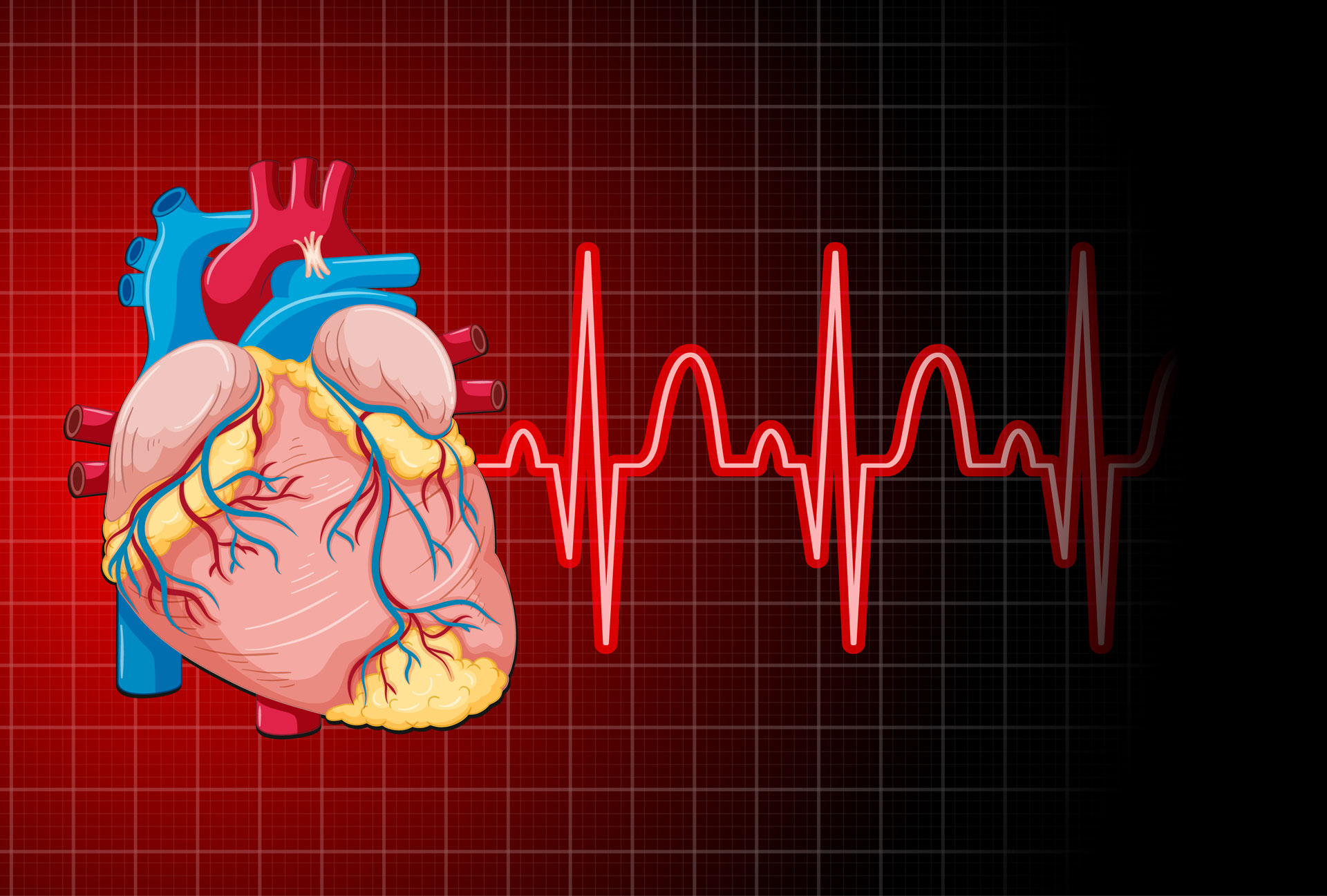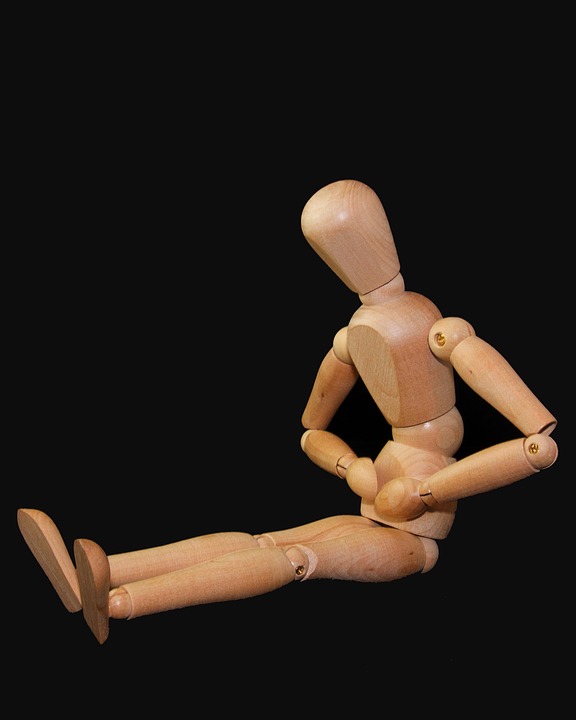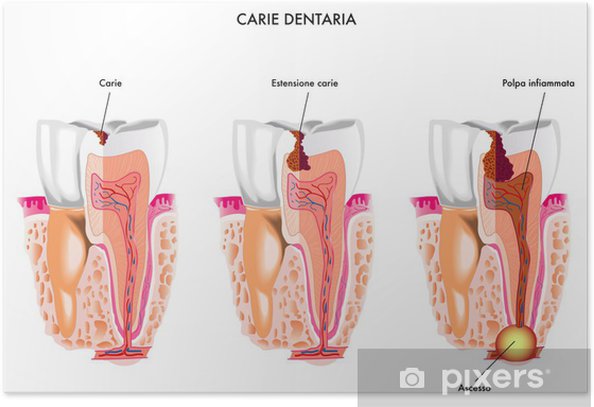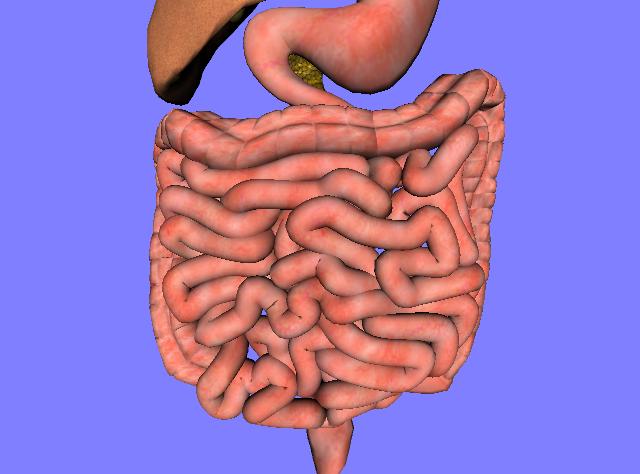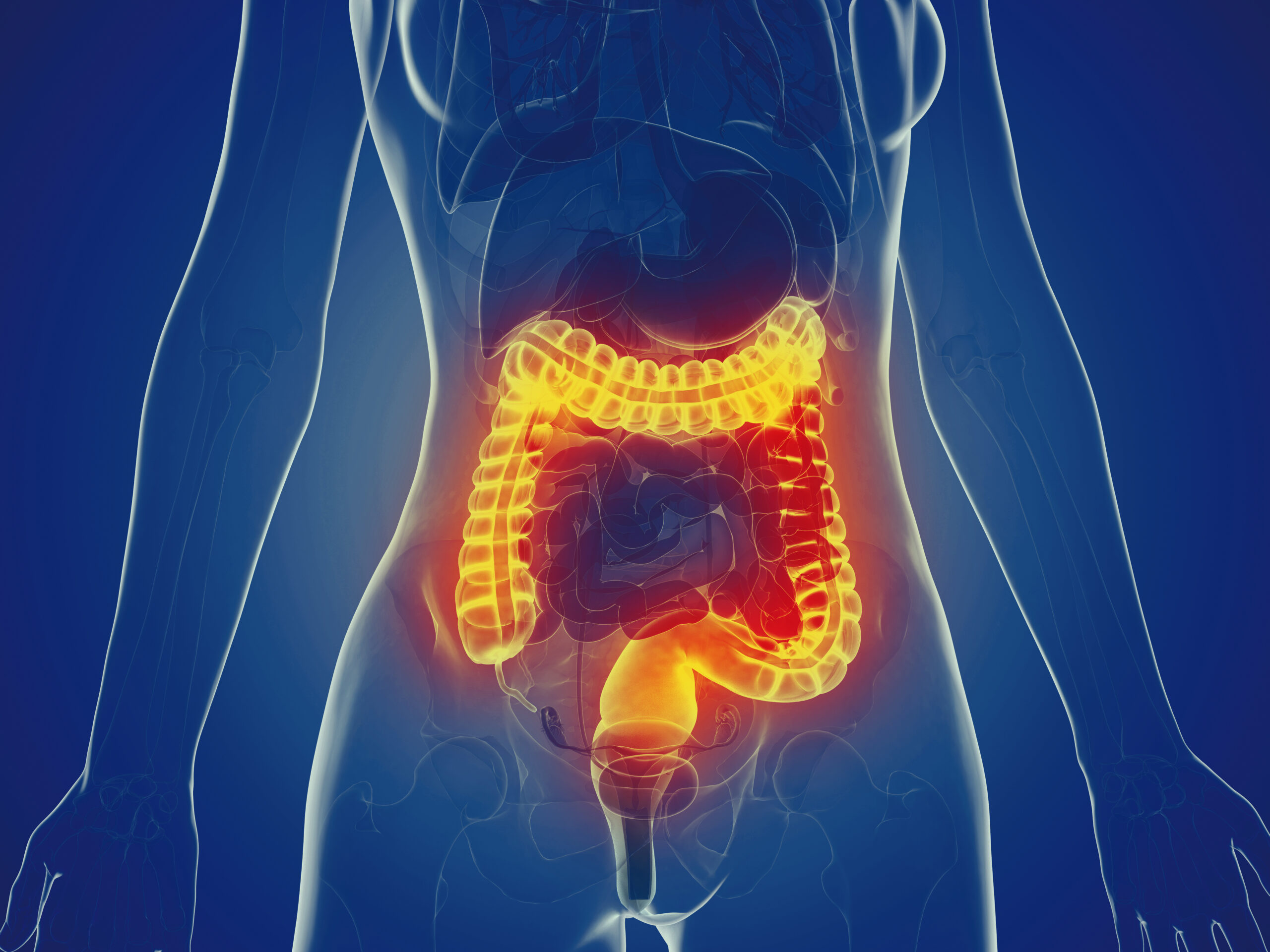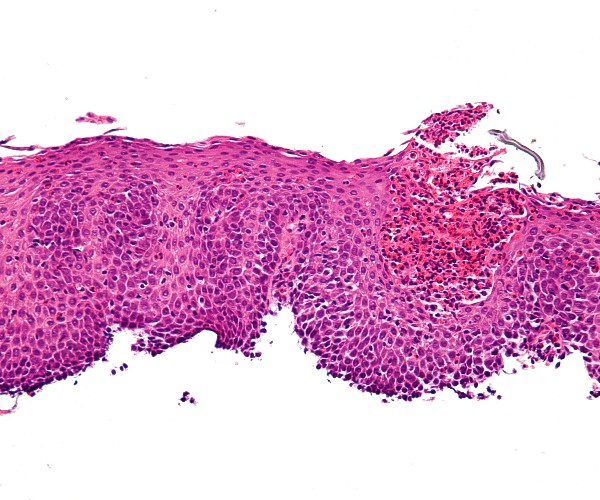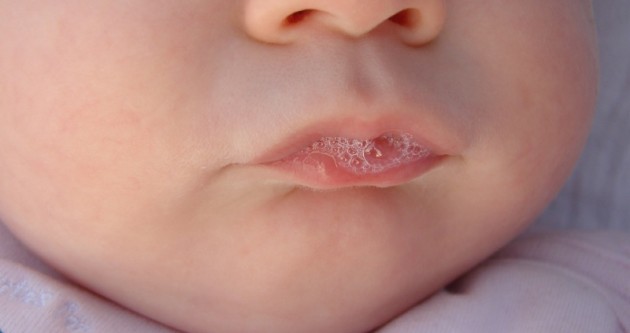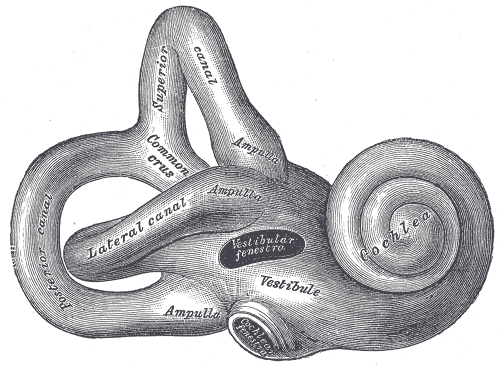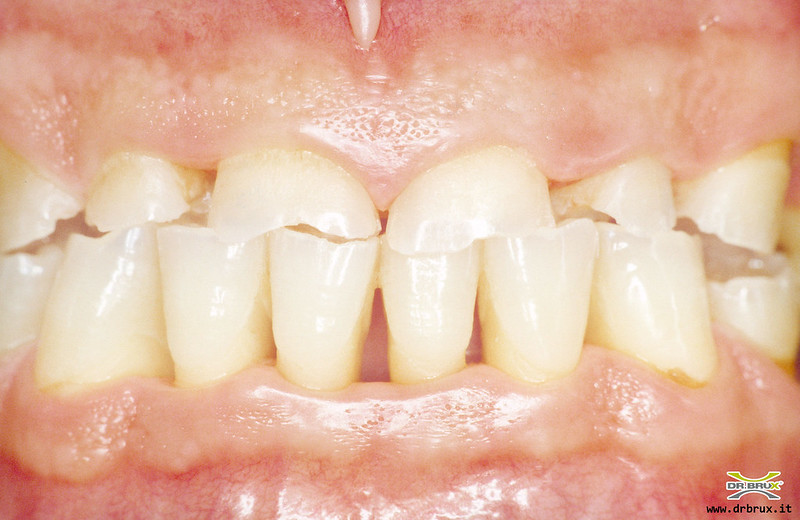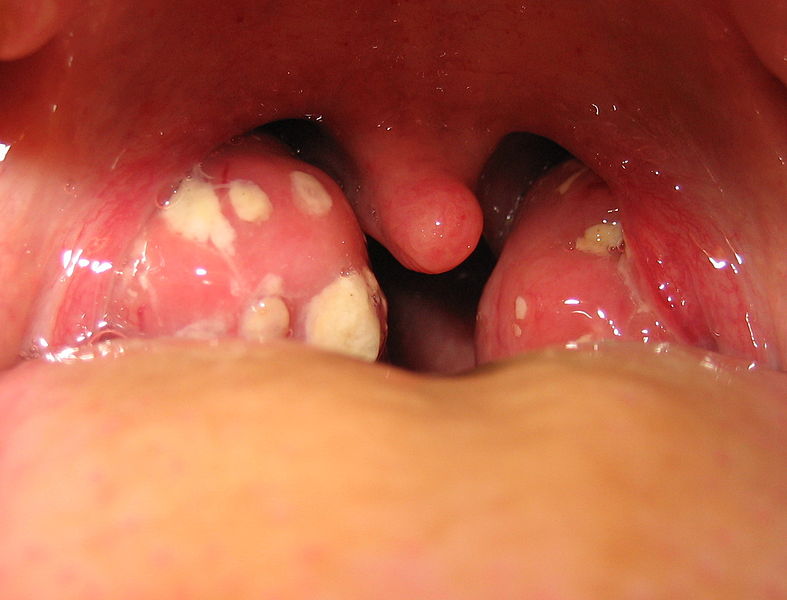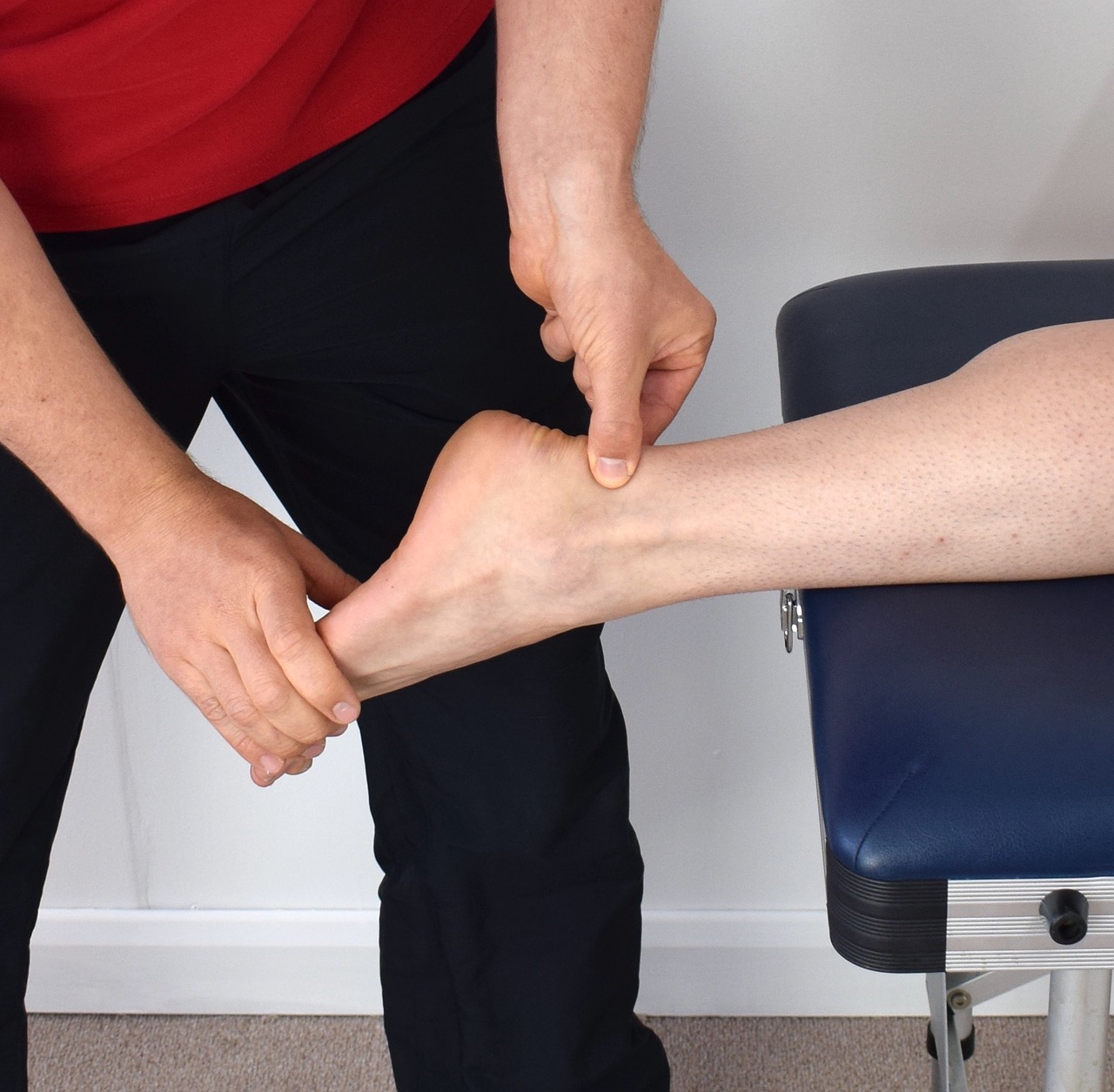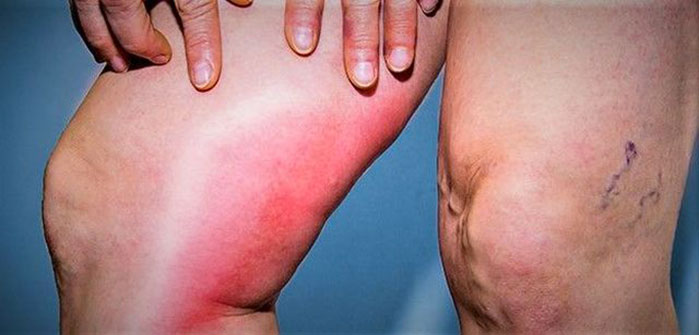There are many factors that cause discomfort and pain in children, including infants, both in the digestive system and, that other parts of the body, such as to cause sudden awakenings from pain, continuous crying and moaning including:
– Bowel problems – constipation, colic or irritable bowel
– Infections such as gastroenteritis, or a localized bladder or kidney problem
– Pain coming from the ear or throat
– Food poisoning, a form of allergy to a certain food, or eating too much
– Muscle fatigue or migraine
– Poisonings from inadvertently ingesting substances (such as soap or medicine, or toxic products)
– Bites from insects such as wasps, spiders, or animals he came in contact with during playtime
To provide initial help to the child, calming him and and at the same time relieving pain and discomfort:
– Make sure the child is comfortable and gets enough rest
– Make him lots of plain liquids such as water or juice
– Avoid forcing the child to eat if he or she has no appetite and refuses food
– On the other hand, if he has an appetite, propose a light food such as rice, toast, bananas or plain cookies
– If he says he has a stomach ache, prepare a hot water bottle to soothe the pain
– Avoid administering medications, even acetaminophen or aspirin, without first seeking medical advice
Usually children who complain of pain during sleep hours improve in a short time without the need for special treatment , without a specific root cause of the problem being identified, but sometimes the cause may be there and should be identified quickly to prevent worsening of symptoms.
First step in treating the baby’s pain will be to identify the cause that is at the root of the discomfort and pain.
Once the possible cause of the awakening and nighttime pain has been identified, the attending physician , even before administering medication will advise keeping the child concerned and resting, prescribing that he play indoors and not outdoors, and that he be fed light, nutritious foods.
In case of persistence of pain and further sudden awakenings, the other options include a new consultation with the pediatrician with a view to giving rise to more targeted diagnostic investigations or, possibly, preventive hospitalization.










